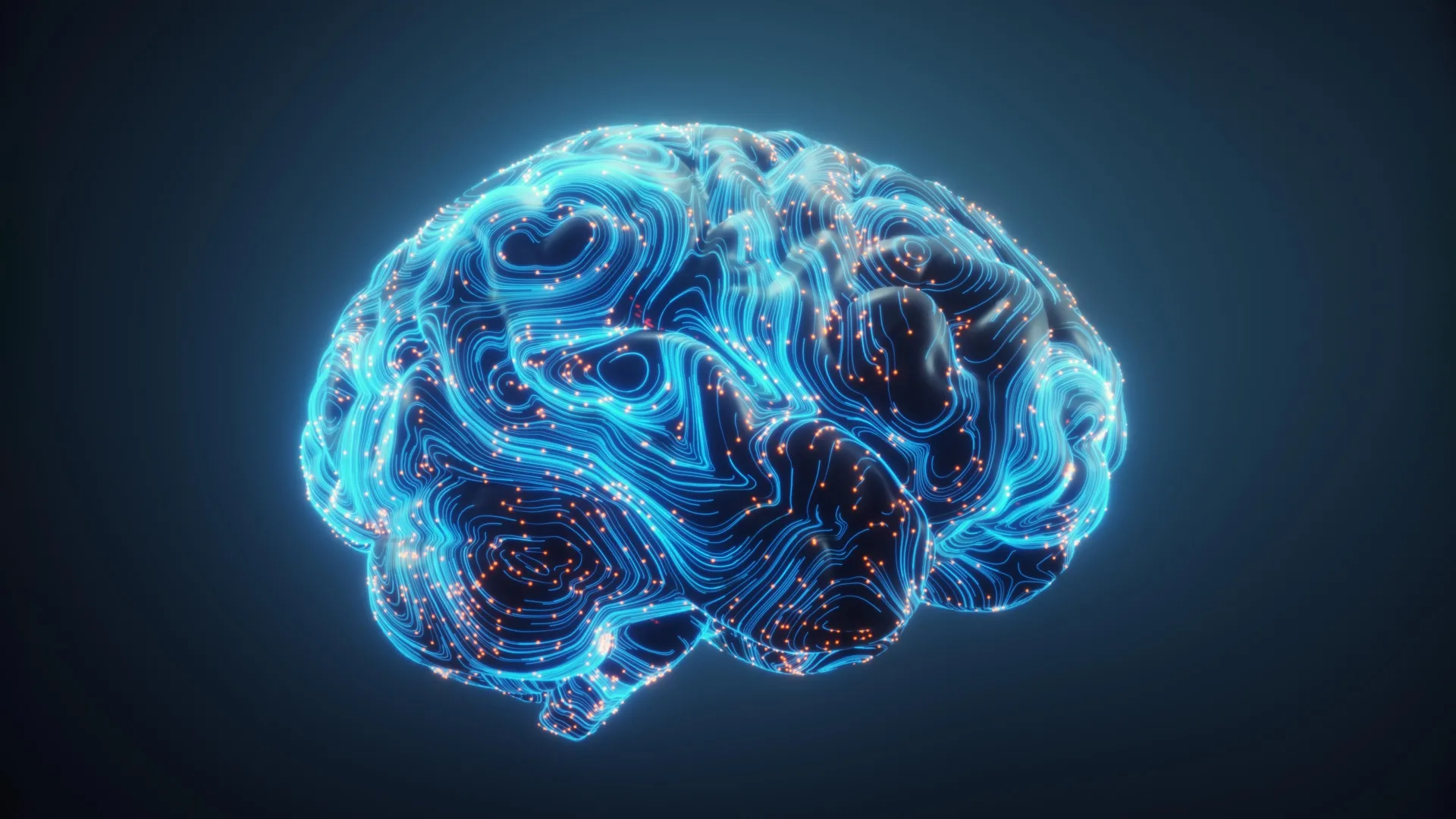Researchers at New York University have identified a significant link between estrogen levels and learning capabilities, revealing how this hormone enhances cognitive processes in the brain. Published on November 21, 2025, in the journal Nature Neuroscience, the study highlights how estrogen influences dopamine signaling, which is crucial for learning and reward-based tasks.
Understanding the Hormonal Influence on Learning
For years, scientists have recognized that hormones play a vital role in brain function, impacting emotions and decision-making. The specific mechanisms, however, have remained elusive. This new research sheds light on how estrogen, a hormone primarily associated with the female reproductive cycle, alters cognitive performance. By conducting controlled experiments with laboratory rats, the research team observed that the animals’ learning efficiency varied with fluctuations in estrogen levels.
During the experiments, rats were trained to associate audio cues with the availability of water, a reward for their learning efforts. The results were clear: when estrogen levels were elevated, the rats learned more quickly. This enhancement is attributed to estrogen’s ability to boost dopamine activity in brain regions responsible for processing rewards, thereby strengthening the signals that facilitate learning.
Implications for Cognitive Disorders
As noted by Christine Constantinople, a professor at NYU’s Center for Neural Science and senior author of the study, “Despite the broad influence of hormones throughout the brain, little is known about how these hormones influence cognitive behaviors.” She emphasized the growing awareness within the medical community regarding the relationship between estrogen levels and cognitive function, particularly concerning psychiatric disorders.
Carla Golden, a postdoctoral fellow at NYU and the lead author of the paper, added, “Our results provide a potential biological explanation that bridges dopamine’s function with learning in ways that better inform our understanding of both health and disease.” This connection between hormonal changes and cognitive performance is particularly relevant for neuropsychiatric disorders that exhibit fluctuating symptoms in response to hormonal variations.
Interestingly, the research also indicated that while estrogen significantly influenced learning, it did not affect decision-making processes. This distinction is crucial as it suggests that the mechanisms by which hormones impact behavior are complex and may vary across different cognitive functions.
Funding for this research was provided by several organizations, including the National Institutes of Health and the Simons Foundation. The authors clarify that the content reflects their views and does not necessarily represent the official stance of the funding bodies.
The findings from this study provide a new avenue for exploring the biochemical underpinnings of learning and memory, potentially paving the way for novel therapeutic approaches to address cognitive impairments associated with hormone fluctuations.
